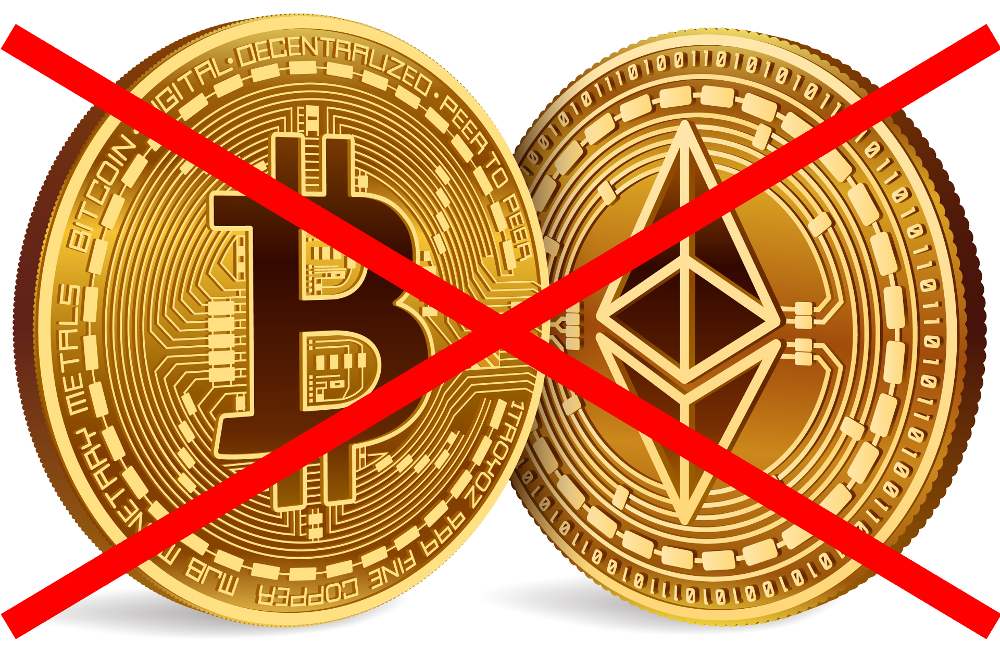Cryptocurrencies Are Not The Future
Cryptocurrencies are becoming a new norm. Bitcoin can already buy you a house, . A bright future, isn’t it? However, it’s not that simple. Cryprocurrencies now have a direct clash with another new norm: ecology. But there are also other problems with them.
Multiple prominent figures have already spoke about it. For example, Bill Gates said that Bitcoin is such an energy-intensive transaction method that it already consumes more electricity than any other method. Since electicity en masse is being produced by burning of fossil fuels, such a grow in electricity consumption might have a negative impact on environment, especially since many countries don’t have an easy access to green energy – and even if they do, green energy isn’t as scalable as fossibles. Bitcoin’s carbon footprint is already comparable to the footprint of Peru, while energy consumption is similar with countries like Netherlands – and it’ll only become worse.
Earlier this year, Tesla made it possible to pay for cars with Bitcoin, and in order to do so they bought huge amount of Bitcoins. However, recently Elon Musk said that cryptocurrencies might be bad for ecology… Conveniently, Tesla may have sold their Bitcoins just before the statement of CEO. This might be a signal that Bitcoin is not there yet, and perhaps it will not ever be there since there’s also a problem with scalability.
Bitcoin is already slower than Visa by a factor of hundreds, so a single transaction might take days. There are multiple scenarios for a change in infrastructure of Bitcoin, but none of them are coming close to existing transaction methods, so it severely impacts usability of cryprocurrencies.
Another problem with cryptocurrensies is that they still not regulated by governments around the world. Some states want to suppress cryptos, some want to create their own currencies, but it’s pretty clear that the current freedom is not for decades to come.
With each year, a new problems with cryptocurrencies are appearing. Despite booming growth, they might not be the future of transactions.

